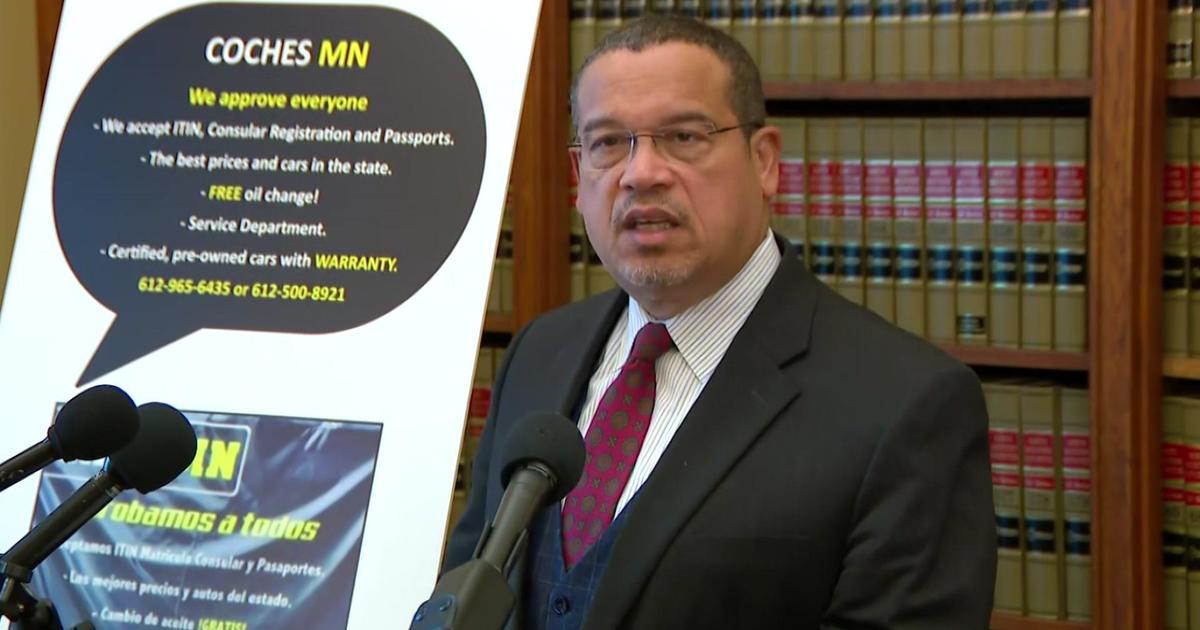Health Officials: STDs At All-Time High In Minnesota
MINNEAPOLIS (WCCO) -- Nearly 26,000 Minnesotans were diagnosed with a sexually transmitted disease in 2015 -- an all-time high -- the Minnesota Department of Health said Monday.
The number of people diagnosed with syphilis, gonorrhea and chlamydia -- which healthcare providers are required to report to the MDH -- is up 6 percent from 2014, and 33 percent from five years ago, health officials said.
According to a press release from the health department, chlamydia makes up the large majority of the data, covering 82 percent of all cases reported. The number of chlamydia cases reported is up 7 percent, with a majority occurring in those aged 15 to 24. Gonorrhea was the second most reported STD with over 4,000 cases in 2015, nearly half of which were also in those aged 15 to 24. There were 654 cases of syphilis in 2015.
The MDH report also found higher infection rates for chlamydia and gonorrhea in communities of color, particularly in American Indian and African American women, as well as gay men of all races.
But, the state only tracks positive tests, making it difficult to determine causes for the increase in cases.
"It's hard for us to say if there has just been an increase in testing which may be due to more people being insured or the Affordable Care Act," an MDH spokesperson said.
The University of Minnesota has also seen an increase in chlamydia cases in 2015.
Through surveying thousands of students, the university discovered a 10 percent drop in condom use since 2013 on campus.
Boynton Health Service director of public health David Golden said it is hard to determine why condom use is down and chlamydia cases are up, but the university has done a lot to make sure condoms are available and free around campus.
"The solution is still the same. The way to prevent chlamydia is condom use," Golden said.
Through prevention, the focus shifts back to education on campus and throughout greater Minnesota, where one-third of STD cases occurred.
"This provides a good challenge and opportunity to make sure that testing is going on and that we are getting condoms out there, that they're normal to use, that people understand that and how to use them properly. It's an important strategy and it'll work," Golden said.
University of Minnesota college senior Teodoro Crespo-Carrion said talking with friends about sex is easy, but health centers and schools should strive to make a welcoming and understanding environment in order to make patients and students more willing to be open and honest.
People with these STDs can often have no symptoms, which is why screening is important, MDH said.
Without treatment, the STDs can lead to fertility problems, even death in extreme cases.
April 12 is the second annual STI Testing Day across Minnesota. More than 50 locations will offer free or low-cost testing through the state.
For information, click here.



